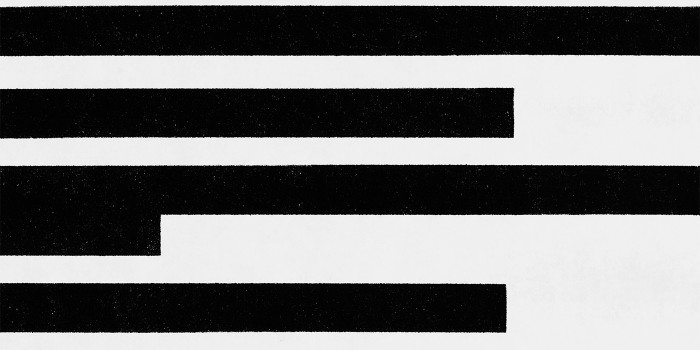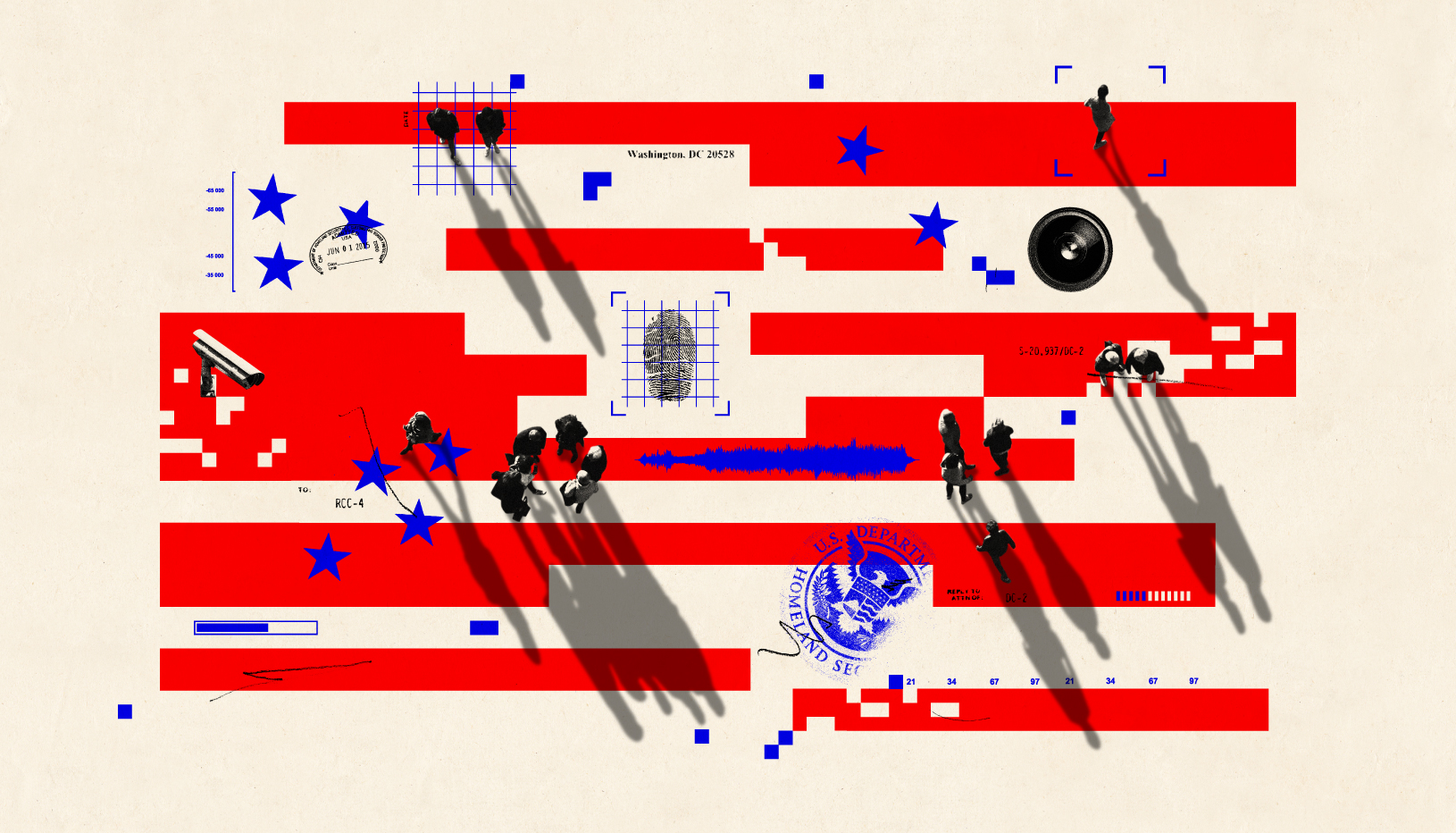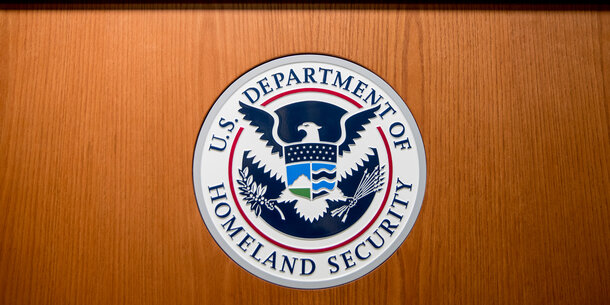National security might sometimes require that the operational details of military or intelligence efforts be kept secret. Federal officials and outside experts agree, however, that far too much information is classified and withheld from the public. Moreover, the law itself should never be secret. Our research shows that the government is increasingly relying on a vast body of secret law to authorize its national security activities. Excessive secrecy in national security policy undermines the basic functions of democratic self-government.
Without transparency, there can be no accountability for government abuses and no way to ensure that our government’s actions reflect the will of the people. Excessive secrecy also damages national security. After 9/11, the Bush administration developed and implemented counterterrorism policies behind closed doors and with little exchange of ideas. The result: programs that infringed on Americans’ civil liberties and policies that alienated our allies. Many of these measures became powerful recruiting tools for our enemies and undercut our ability to insist on the humane treatment of American soldiers.
The Obama administration continued to shroud much of the executive branch’s counterterrorism work in secrecy until Edward Snowden revealed that the National Security Administration had created a secret database of information about Americans’ telephone calls. That disclosure triggered public outcry and legal reform; it also forced the Obama administration to adopt a new, more transparent approach. Even then, too much remained secret, and much of the progress that was made toward greater transparency is threatened by the Trump administration. The Brennan Center exposes these problems and proposes solutions ranging from increased congressional oversight to reworking the executive order governing classification.










